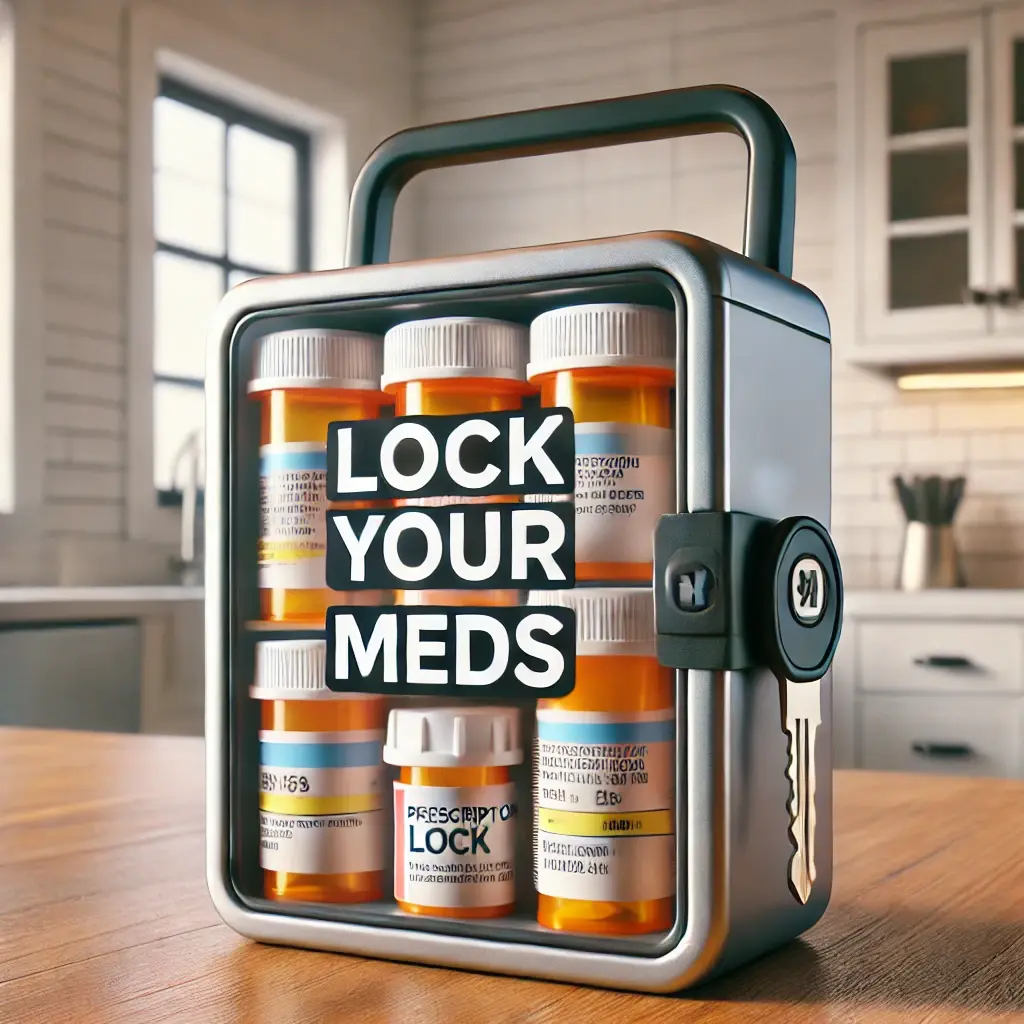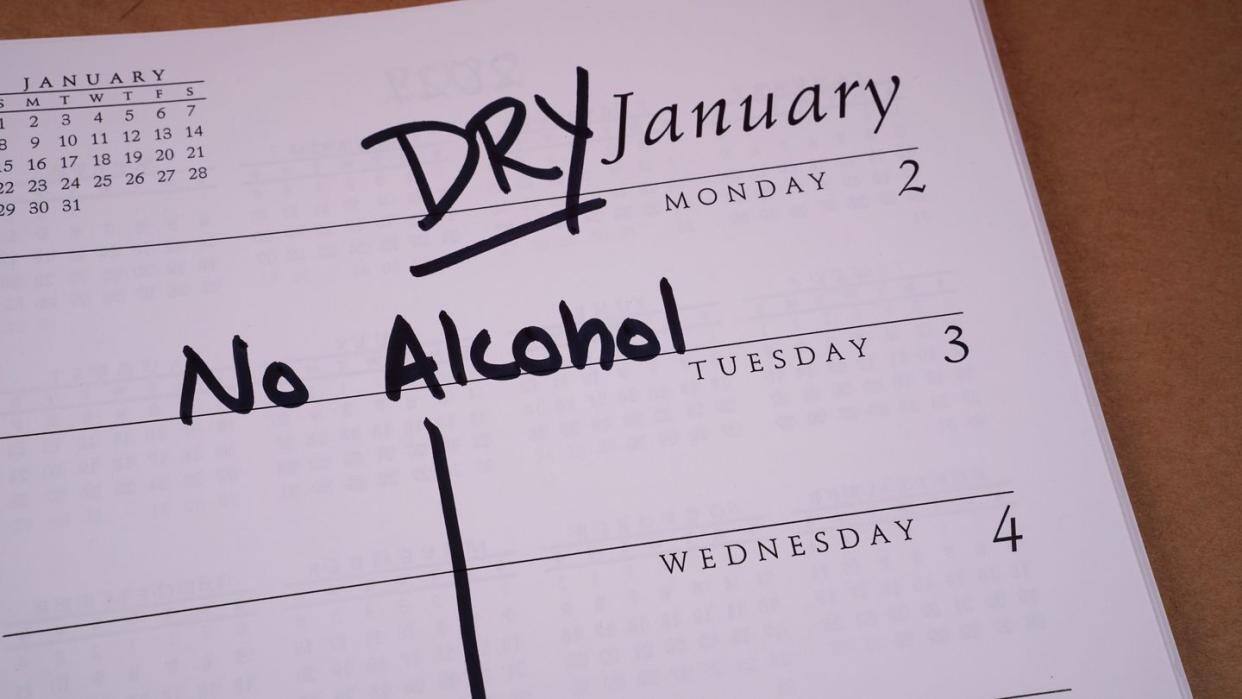As parents, we have many responsibilities, but one of the most important is protecting our children from potential dangers—including prescription and over-the-counter medications. Medications, when used properly, help us stay healthy. However, in the wrong hands, they can lead to accidental poisoning, misuse, and serious consequences.
Informed Families Catalyst
A Message from Our President: Simple Steps to Locking Your Meds
Posted by Peggy B. Sapp, President & CEO on February 11, 2025 at 1:28 PM
Topics: President's Message, lock your meds, alcohol, Informed Families, lock your meds pledge, alcohol use, alcohol abuse
Locking Your Meds: Protect Your Family and Community from Misuse
Posted by Informed Families on February 4, 2025 at 12:26 PM
When we think about keeping our children and communities safe, we often focus on external threats. But sometimes, the biggest risks are closer to home—right inside our medicine cabinets. Prescription drug misuse is a growing concern across the country, and the solution starts with a simple step: locking up your medications.
Topics: communication, alcohol, Informed Families, alcohol use, dry january, mocktails, mindfullness
How Families Can Support Each Other in Dry January
Posted by Informed Families on January 27, 2025 at 4:02 PM
Participating in Dry January as a family is a powerful way to kick off the new year with healthier habits and stronger connections. By committing to a month without alcohol, families can support each other, grow closer, and discover new ways to have fun together. Here's how families can make the most of Dry January while building a foundation for a healthier lifestyle.
Topics: communication, alcohol, Informed Families, alcohol use, dry january, mocktails, mindfullness
Mocktails & Mindfulness: Enjoy the Fun Without the Alcohol
Posted by Informed Families on January 22, 2025 at 11:52 AM
Who says alcohol has to be the life of the party? Whether you’re a teen exploring ways to have fun responsibly or an adult looking to make healthier choices, one thing is clear: alcohol doesn’t need to be part of the equation to enjoy yourself. From game nights to family gatherings, staying sober doesn’t mean missing out on fun.
Topics: alcohol, Informed Families, alcohol use, dry january, mocktails, mindfullness
Real Stories, Real Impact: How Dry January Changed Lives
Posted by Informed Families on January 15, 2025 at 10:41 PM
Every January, millions around the globe embrace the challenge of giving up alcohol for 31 days, known as Dry January. This growing movement isn’t just about abstinence—it’s about resetting, reflecting, and building healthier habits. From better health to stronger family relationships, the benefits are transformative. In this post, we’ll explore real stories of change and share tips on how you can start your own Dry January journey.
Topics: alcohol, Informed Families, alcohol use, dry january
A Message from Our President: Dry January and a Healthier You
Posted by Peggy B. Sapp, President & CEO on January 9, 2025 at 8:08 PM
Topics: President's Message, alcohol, alcohol use, alcohol abuse
Reflecting on Progress and Continuing the Fight Against Alcohol Misuse
Posted by Peggy B. Sapp, President & CEO on January 12, 2024 at 6:04 PM
President's Message - January 2024
As we welcome the new year, I want to begin by honoring the memory of a beloved member of our community, Virginia Smith Mead, known affectionately as Ginger or Gigi. Ginger, a vibrant soul and a passionate advocate for community service passed away peacefully on December 2, 2023. Her lifelong commitment to bettering the lives of those around her, including her significant support for Informed Families, has left an indelible mark on our organization and those we serve. Our deepest condolences go to the Mead family, as we celebrate Ginger’s remarkable life and legacy.
Topics: President's Message, alcohol, Informed Families, leaders, alcohol use, alcohol abuse
Crafting Connections: 5 Easy Festive Holiday Activities
Posted by Informed Families on December 2, 2023 at 1:56 PM
Creating holiday crafts with kids is more than just a fun activity; it's an opportunity for family bonding, which is crucial for the healthy development of children and teens. At Informed Families, we understand the significance of family togetherness in reducing the risk of substance abuse among young people. Parental involvement is indeed the most potent weapon in preventing substance abuse among youth.
Topics: holidays, lock your meds, family bonding, safe homes smart parties, alcohol use
The holiday season is a special time for family, warmth, and creating lasting memories. One of the most cherished traditions in many households is cooking together. It's more than just preparing food; it's an opportunity for bonding, sharing stories, and reinforcing family ties.
Topics: holidays, family bonding, safe homes smart parties, alcohol use, family dinner
The holiday season is a time of joy, celebration, and connection. However, amidst the festive spirit, it's crucial to ensure our homes remain safe and welcoming for everyone. Drawing inspiration from Informed Families' "Safe Homes Smart Parties" campaign, this blog aims to provide you with practical tips to make your home a safer place during the holiday celebrations.
Topics: holidays, lock your meds, safe homes smart parties, alcohol use



.png)





